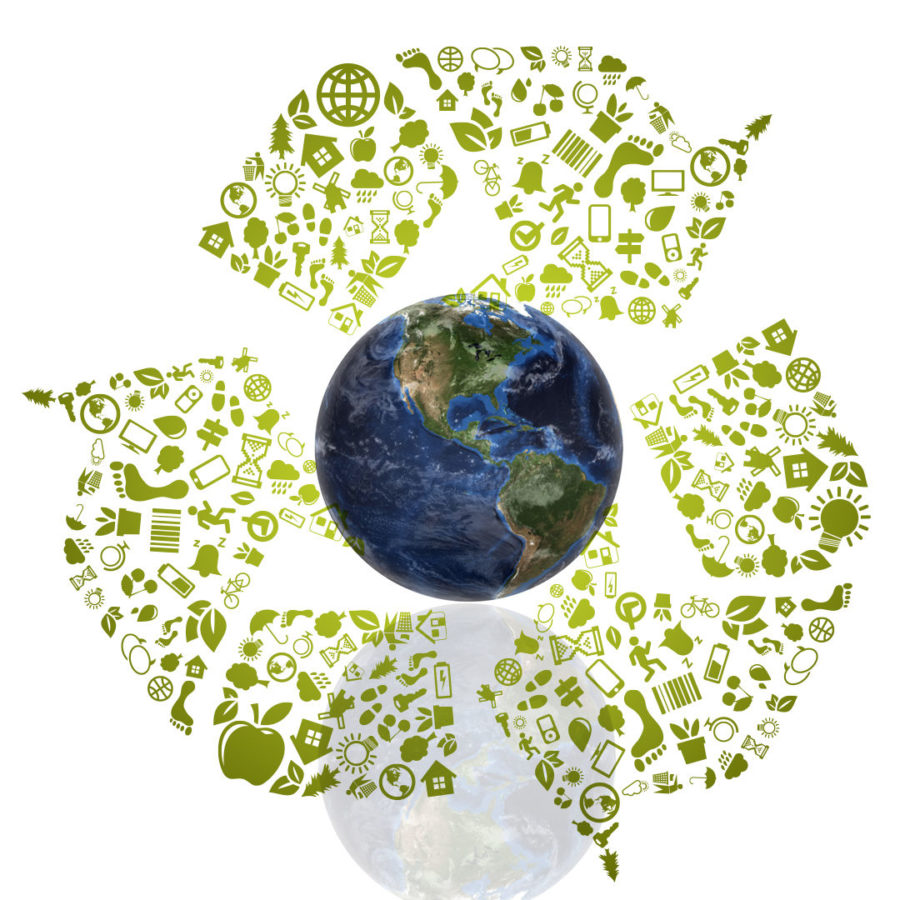Letter: Green recovery, climate solutions, just transition for Iowa
Letter writer Kara Grady advocates for a webinar to discuss eco-friendly actions to reverse climate change.
March 29, 2021
It has been a long COVID-19 year for teachers and students. On top of COVID-19, the planet kept getting hotter and hotter, with 2020 tying for the hottest year that humans have ever experienced. Yet it is likely that 2020 will be one of the coolest years in the next 100 years unless we change course quickly. As we head into Earth Month (or April), how can educators engage students with this critical issue?
On April 7, the University of Northern Iowa is hosting an interactive webinar with three top experts on climate solutions and climate justice from Iowa, along with more than 100 universities around the world. The webinar discussion will focus on big, ambitious things that we can do right here over the next year to help solve climate change while also creating much-needed jobs and responding to societal injustices as we recover from COVID-19. Register for the event here.
The April 7 webinar features:
-
Matt Hein, energy services manager of Cedar Falls Utilities
-
Chris Schwartz, Black Hawk County supervisor
-
Ellen Bluth, vice chancellor for workforce and economic development at the Eastern Iowa Community College District
The speakers will talk about concrete solutions to climate change, ranging from energy to jobs to ethical businesses, and take questions from the audience. Please sign up here for the link.
Teachers can use the webinar to #MakeClimateAClass by assigning it as homework. Then there are one-page teacher guides available to lead a one-class period discussion about climate change from the perspective of your subject area. The guides, for over two dozen different disciplines, have been developed by a global climate education project based at Bard College in New York.
After assigning this overview of climate solutions here in Iowa as homework, artists can talk with their students about effective climate imagery, literature professors can talk about climate fiction (cli-fi), psychology teachers can teach about climate anxiety and denial and business professors can discuss how companies can help drive climate solutions.
“The world’s top climate scientists have told us we have 10 years to act to hold global warming to the low end,” Eban Goodstein, faculty organizer for the webinar, said. “This April, students deserve a class period to talk about climate solutions and climate justice — from many different disciplinary perspectives. Join us for the University of Northern Iowa’s webinar on April 7th and ask every teacher you know to #MakeClimateAClass.”







